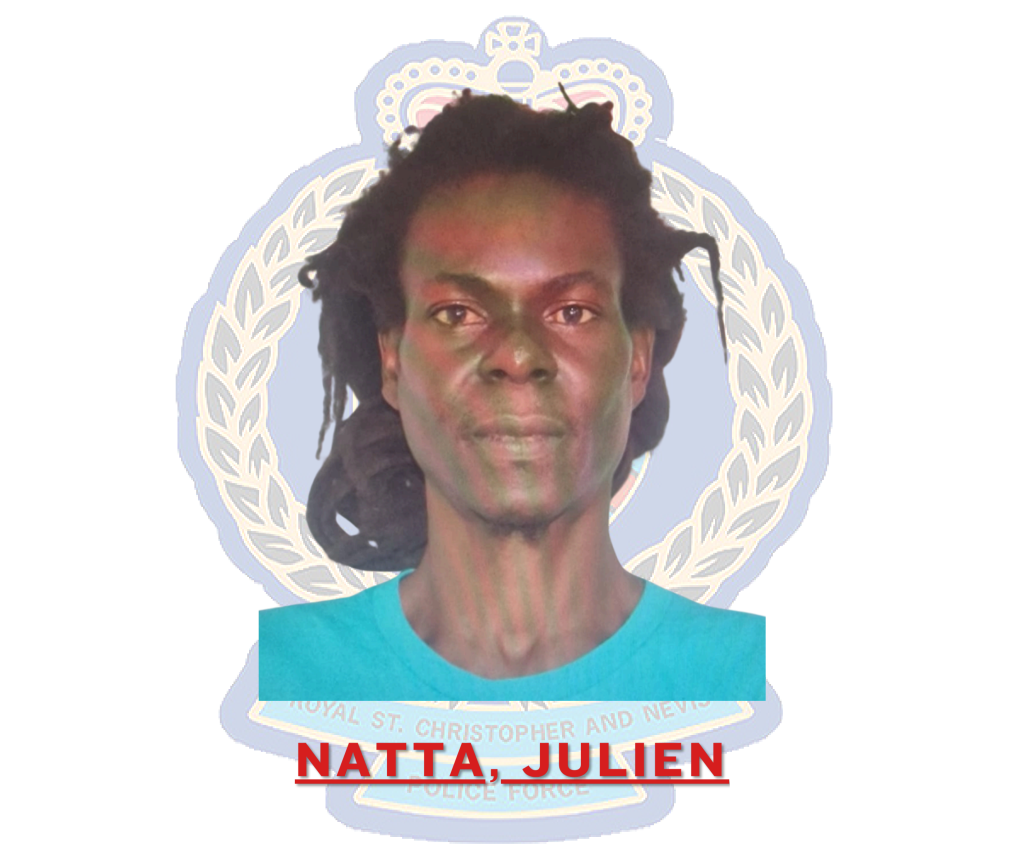Julien Natta Faces Cannabis Possession Charge
On April 26, 2025, Julien Natta, a resident of Main Street, Charlestown, Nevis, found himself entangled in the legal system, facing a charge of possession of cannabis with intent to supply. This charge stemmed from an incident that transpired a week earlier, on April 19, 2025, at the Charlestown Pier. The details surrounding the events at the pier remain undisclosed in the provided information, leaving a gap in the narrative regarding the circumstances of the alleged discovery and subsequent apprehension of Mr. Natta. The bare facts presented reveal a timeline beginning with the incident at the pier and culminating in the formal charges being brought against Mr. Natta at the Charlestown Police Station. This sparse account leaves many questions unanswered, leaving room for speculation about the quantity of cannabis involved, the nature of the alleged intent to supply, and the specific actions of law enforcement that led to Mr. Natta’s arrest.
The charge of “possession with intent to supply” carries significant weight within legal frameworks pertaining to controlled substances. This charge differs substantially from simple possession, implying a higher level of culpability and potentially more severe consequences. The prosecution, in pursuing this charge, would need to demonstrate not only that Mr. Natta was in possession of cannabis but also that he intended to distribute or sell it to others. This distinction is crucial, as it elevates the offense from a matter of personal use to one involving potential trafficking or involvement in the drug trade. The burden of proof lies with the prosecution to establish this intent, likely relying on evidence gathered during the investigation, such as the quantity of cannabis found, packaging materials, communication records, or witness testimony.
The location of the alleged offense, the Charlestown Pier, introduces a geographical element to the narrative. Piers often serve as hubs of activity, with ferries and boats arriving and departing, potentially connecting Nevis to other islands or regions. This location could play a role in the prosecution’s argument, suggesting potential connections to a wider distribution network or the importation of the substance. Alternatively, the defense might argue that the pier’s public nature introduces the possibility of mistaken identity or the planting of evidence. The strategic significance of the location will likely be a point of contention between the prosecution and defense as the legal proceedings unfold.
The lack of specific details surrounding the arrest process raises further questions. The provided information does not disclose whether Mr. Natta was apprehended at the scene on April 19th or if the arrest followed a period of investigation leading up to the charges on April 26th. This gap leaves open the possibility of intervening events, such as the execution of a search warrant or the gathering of witness statements, that ultimately led to the charges being laid. The method of arrest, whether it involved a confrontation, a peaceful surrender, or other circumstances, remains unknown, further obscuring the full picture of the events leading up to Mr. Natta’s legal predicament.
The next stage in the legal process would likely involve Mr. Natta appearing before a court to enter a plea. He could plead guilty, admitting to the charges, or plead not guilty, initiating a trial process. If a trial ensues, the prosecution would present their evidence in an attempt to prove Mr. Natta’s guilt beyond a reasonable doubt. The defense would then have the opportunity to challenge the prosecution’s evidence, present their own evidence, and argue for Mr. Natta’s innocence. The outcome of the trial would depend on the strength of the evidence presented by both sides and the persuasiveness of their respective arguments.
Beyond the immediate legal proceedings, this case raises broader questions about drug policy and enforcement in Nevis. The specific laws regarding cannabis possession and distribution in Nevis would determine the potential penalties Mr. Natta faces if convicted. The case also highlights the challenges faced by law enforcement in addressing drug-related offenses and the complexities of balancing individual rights with public safety concerns. The outcome of this case could have implications for future drug-related cases in Nevis and contribute to the ongoing dialogue surrounding drug policy and its enforcement. Furthermore, the public perception and media coverage of this case might influence public opinion on these issues, shaping the future direction of drug-related legislation and law enforcement strategies.
Share this content:












Post Comment